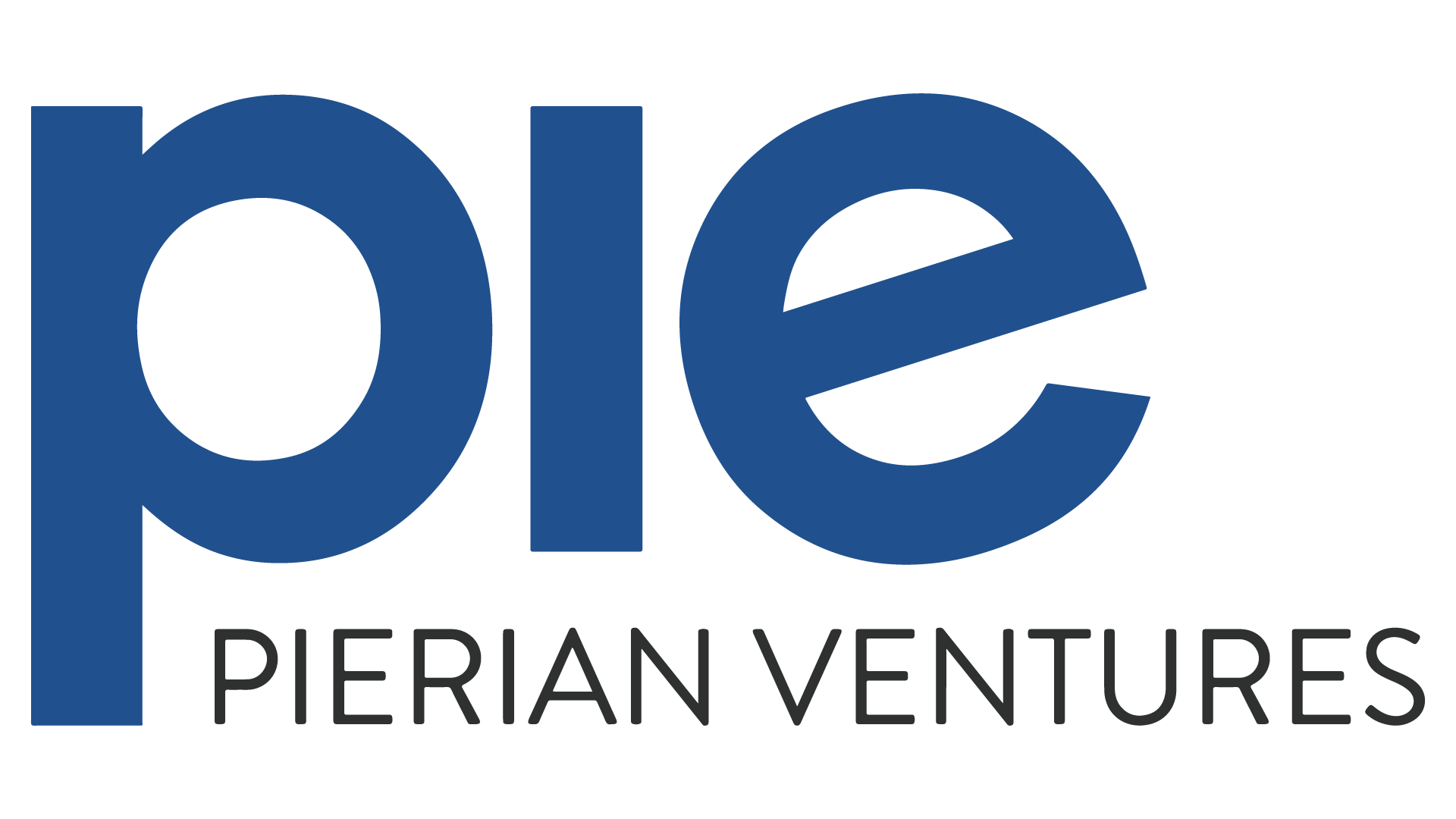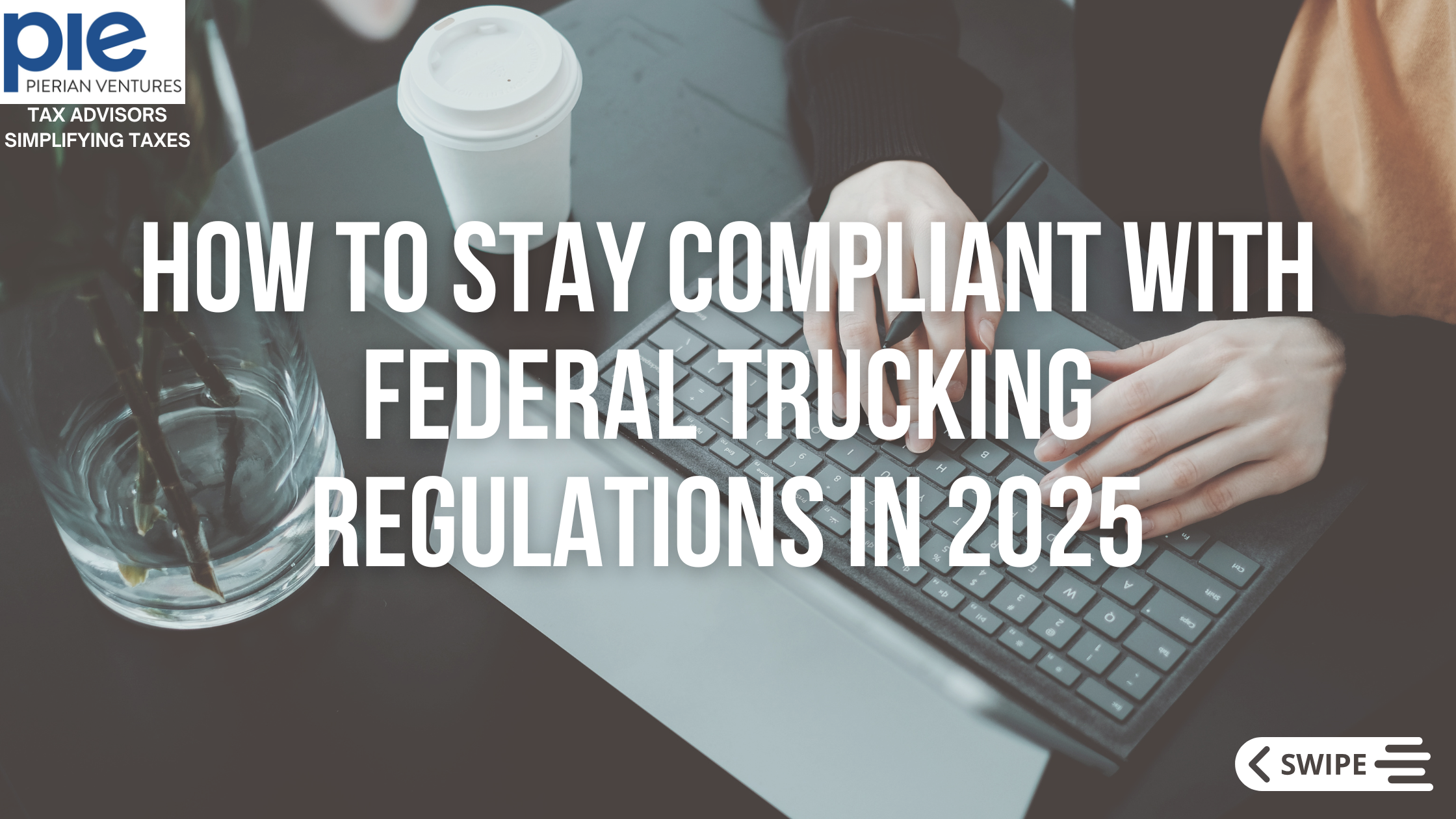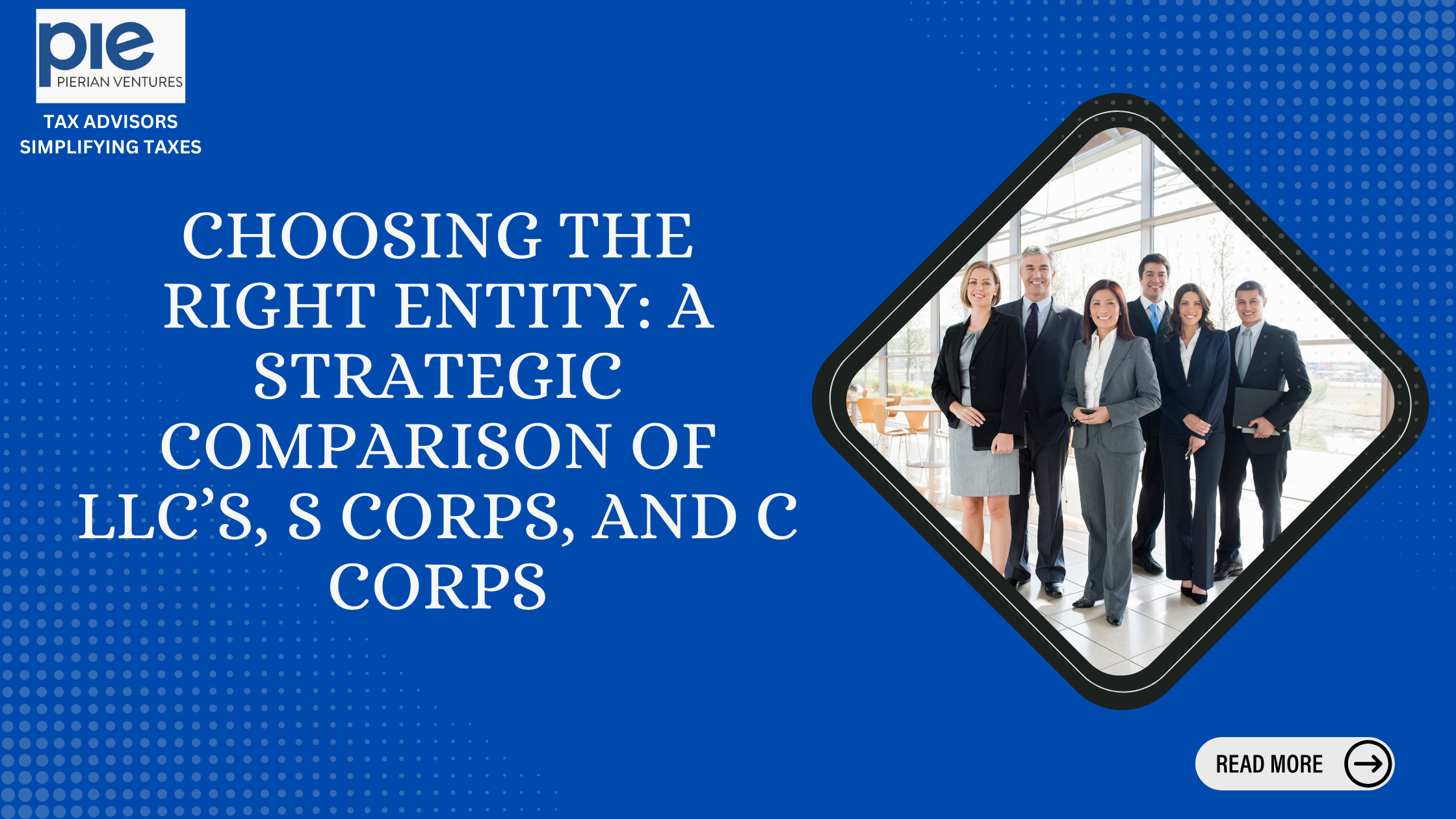Business Licensing Role In Building Compliant Company
Business licensing refers to the permits or authorizations a company must obtain from federal, state, and local governments before legally conducting operations. The required licenses vary significantly based on the industry, geographic location, and the legal structure of the business.
For example, a restaurant requires health permits and food service licenses, while a construction company might need contractor’s licenses and safety certifications. Even general business licenses or sales tax permits are mandatory for many businesses.
Obtaining these licenses confirms that a company complies with industry regulations, zoning laws, tax requirements, and safety standards. Without proper licensing, businesses risk fines, forced closures, or legal liabilities that can severely damage reputation and finances.
Compliance: The Foundation of Trust and Legitimacy
Business licensing is a key element of legal compliance. Compliance means your business adheres to all applicable laws and regulations. This adherence is not only a legal obligation but also the foundation of credibility with customers, partners, and investors.
When a business has the appropriate licenses, it demonstrates:
- Legitimacy: Licensed businesses show they meet government standards, increasing customer confidence.
- Accountability: Licensing authorities typically mandate that businesses uphold certain standards and remain open to periodic inspections.
- Access: Many contracts and partnerships require proof of valid licenses.
- Protection: Licensing can shield your business from legal disputes related to operating without authorization.
From a regulatory standpoint, federal agencies oversee specific industries like finance, alcohol, or healthcare, while states and localities enforce zoning, safety, and business operation permits. Understanding which licenses apply and keeping them current is vital for avoiding penalties and interruptions.
Scalability: How Licensing Enables Growth and Expansion
Beyond compliance, business licenses play a strategic role in scaling your company. As your business grows, expanding to new locations or markets often requires obtaining additional licenses or permits.
Here’s how proper licensing supports scalability:
- Market Access: Expanding to different states or cities means navigating diverse licensing requirements to operate legally.
- Investor Confidence: Licensed businesses are viewed as less risky, attracting investment and partnership opportunities.
- Operational Flexibility: Holding all necessary licenses allows smooth business operations without regulatory roadblocks.
- Competitive Advantage: Standing out from unlicensed competitors, your business gains a competitive edge by showcasing compliance and a professional approach.
For growing companies, maintaining compliance across multiple jurisdictions can be challenging. Non-compliance may lead to penalties, loss of permits, or legal action, potentially interrupting business operations.
Common Licensing Challenges for Entrepreneurs
Navigating the maze of business licensing is often overwhelming for entrepreneurs. Some of the common challenges include:
- Identifying the Correct Licenses: With federal, state, and local layers, it can be difficult to determine exactly which licenses apply to your business type and location.
- Complex Application Processes: License applications often require detailed documentation and adherence to strict timelines.
- Renewal and Maintenance: Licenses usually have expiration dates, and staying current requires diligent tracking and compliance.
- Changing Regulations: Laws evolve, and what was compliant last year might need updates to meet new standards.
- Cost Management: License fees and compliance costs can add up, especially for businesses operating in multiple jurisdictions.
Without expert guidance, these hurdles can lead to costly mistakes and missed opportunities.
How Professional Support Can Simplify Business Licensing
Navigating business licensing requirements is a specialized task requiring up-to-date knowledge of laws and administrative processes. Professional service providers offer valuable assistance to business owners by:
- Conducting Comprehensive License Assessments to identify all necessary permits across relevant jurisdictions.
- Handling Complex Applications to ensure accuracy, completeness, and faster approval.
- Implementing License Management Systems to track renewal deadlines and compliance updates.
- Advising on Regulatory Changes to keep your business ahead of compliance requirements.
- Providing Customized Solutions tailored to your industry and growth plans.
With this support, entrepreneurs can avoid legal pitfalls, reduce administrative burdens, and focus on strategic growth.
Pierian Ventures’ Role in Business Licensing and Compliance
Pierian Ventures specializes in guiding businesses through the complex regulatory environment of licensing and compliance. With expertise in U.S. federal, state, and local regulations, Pierian Ventures helps clients:
- Identify and secure all required licenses and permits for their specific business and location.
- Prepare and submit detailed, compliant applications that meet agency requirements.
- Manage ongoing compliance, including license renewals and audits.
- Provide personalized consulting to align licensing strategy with business growth objectives.
By partnering with Pierian Ventures, businesses gain peace of mind knowing their licensing is handled efficiently and accurately, reducing risk and positioning them for scalable success.
The Legal Framework Behind Licensing in the USA
Business licensing requirements are embedded in a complex legal framework across multiple government levels:
- Federal Regulations: Agencies like the FDA, FCC, and EPA regulate specific industries, requiring licenses or permits for activities ranging from food manufacturing to broadcasting and environmental compliance.
- State Licensing Boards: States oversee licensing for professions, trades, and businesses within their borders, including real estate, health care, construction, and more.
- Local Permits and Zoning: Cities and counties enforce zoning laws, building permits, signage, and health and safety regulations.
Understanding these layered requirements and maintaining good standing with each authority is essential for uninterrupted operations.
The Bottom Line: Licensing as a Growth Enabler
Business licensing is far more than a legal formality—it is a critical component of building a compliant, credible, and scalable company. It protects your business from risks, enhances reputation, and unlocks opportunities for expansion and investment.
Entrepreneurs and established businesses alike benefit from taking a proactive, informed approach to licensing. By securing the right permits and staying compliant, companies can focus on innovation, customer service, and strategic growth without legal distractions.
Conclusion
For any business aspiring to thrive in today’s competitive marketplace, securing and managing the correct business licenses is non-negotiable. It lays the groundwork for compliance, safeguards against legal risks, and opens doors for scaling operations confidently.
With the assistance of experienced professionals who understand the intricacies of U.S. licensing laws, business owners can simplify this essential process, avoid costly errors, and focus on what matters most—building a successful and sustainable company.
If you’re ready to ensure your business meets all licensing requirements and supports long-term growth, expert guidance can be your most valuable asset on this journey.













